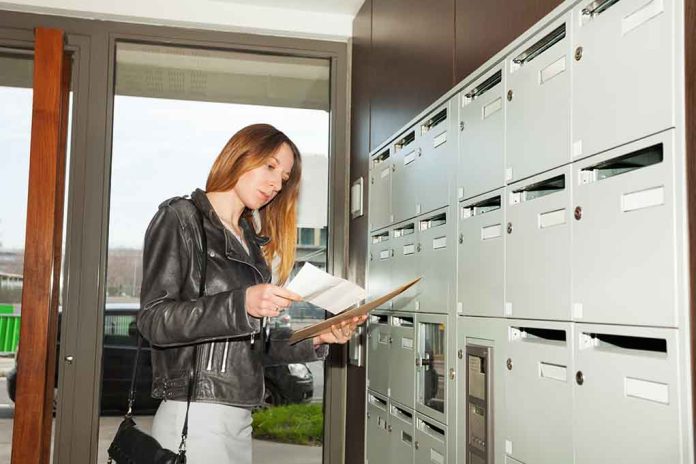
Want To Find Unclaimed Money? These Are The Things You Need To Know
(RepublicanNews.org) – Have you ever wondered if you had unclaimed money out there? Would hundreds or thousands of dollars in found money make a significant difference in your life? It’s possible that you do actually have unclaimed money just waiting for you to claim. The National Association of Unclaimed Property Administrators (NAUPA), about 10 percent of all Americans have unclaimed property or unclaimed cash!
Where Is Unclaimed Money Held?
State treasuries and governments are responsible for holding unclaimed funds. Because of this, you’re able to search the appropriate official website to see if you’re missing any assets. These websites are government sources and free to use.
What Is Unclaimed Money?
Unclaimed money might feel like it’s “free,” but it’s actually owed to you due to prior transactions. For example, your previous insurance company might have mailed a check to your old address after you moved and your mail forwarding ended. Like the example, unclaimed money comes from forgotten sources. There are various unclaimed fund types including but not limited to:
- Certificates of Deposit (CODs)
- Annuities
- Savings Accounts
- Checking Accounts
- Safe Deposit Box Contents
- Insurance Payments
- Insurance Refunds
- Customer Overpayments
- Refunds
- Stocks
- Mineral Royalty Payments
- Traveler’s Checks
- Utility Security Deposits
- Uncashed Payroll Checks’
- Trust Distributions
- Uncashed Dividends
- Money Orders and Gift Certificates Not Redeemed (some states only)
How Do You Claim Unclaimed Money or Assets in the US?
Hopefully, you have plenty of money to claim. To start, make a list of all of your states of residence (including states you’ve had mail sent to you regularly, even if you didn’t live there) and previous names, if applicable. Find the official treasury site for each state of previous and current residences.
States’ official websites will route you through their treasury department, and to search for unclaimed money or property, you’ll have to provide your name, birthday, and current mailing address. Some states note that the more info you provide the better, so if you feel comfortable, make sure to provide your email address and social security number to expedite the process. Before providing this info, ensure you are on an official website to avoid handing over your private info to a scammer.
Once you’ve located unclaimed property or money via a state’s website, you can easily click to claim money. The state will then investigate your claim and contact you — or, you may simply receive a check in the mail at your current address. It takes just a few minutes per state to search for unclaimed money and property. Make sure to use any aliases or alternate names you’ve used in each search.
Additionally, there are other public data sources, national searches, and outreach events available.
If you discover a financial sum or property of high value, it may be best to contact your lawyer for advice on claiming your unclaimed property, especially if the state denies your claim and you believe it is valid.
How Can You Avoid Having Unclaimed Money and Property?
The best way to get your money is to avoid letting it fall into unclaimed status in the first place. After all, you want and deserve your money as soon as it should be available to you. While each state is responsible for returning your property or money, it is a bit of a process, and the best way to get your money quickly is to avoid having to go through that process at all.
To avoid having unclaimed property or money to begin with, you can:
- Keep accounts active (checking accounts, CODs, and savings accounts)
- Maintain your records (keep a register of your accounts, checking and otherwise; have a hard copy on hand in case of data failure or breach on the bank’s part)
- Follow up on any discrepancies in which money is owed to you (be persistent and keep all records)
- Keep all information updated with yourself and anyone you do business with (current and past employers, financial institutions, and any businesses or persons you regularly engage or engaged frequently)
To stay active with any type of bank account, simply create activity. That could mean transferring, depositing, or withdrawing a dollar every so often. You can set a calendar reminder on Google or Outlook to ensure you do this regularly.
With just a few simple clicks per state, you can find a nice surprise waiting for you if there is unclaimed money. In addition to setting calendar reminders for other transactions, consider setting one for a quarterly unclaimed money check. Happy hunting!
Copyright 2022, RepublicanNews.org










